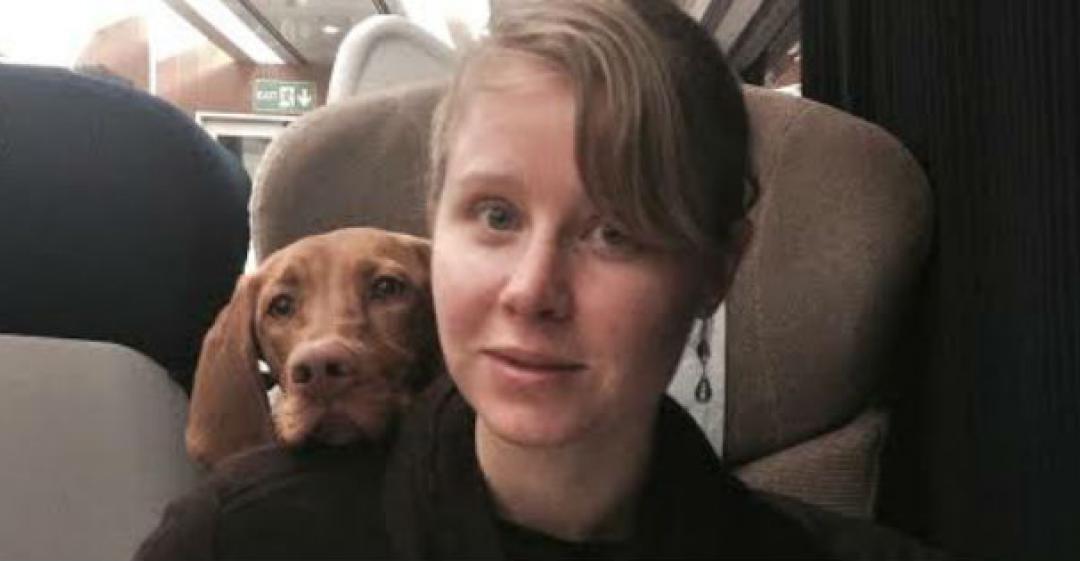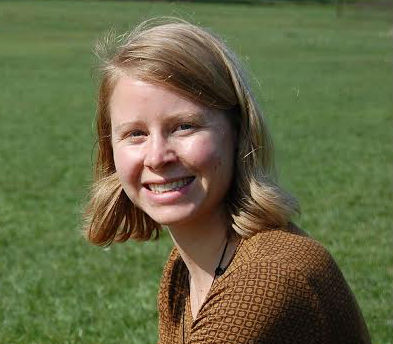“I felt disappointed that with a good academic background, plus experience, I had come to this.”

What work were you doing previously?
After graduating from university, I worked as a freelance journalist, copywriter and project manager for over ten years.
What are you doing now?
I'm now a technologically minded content strategist, who specialises in helping start-ups and quick-moving businesses grow their business through content.
My approach combines content strategy, user experience (UX), content marketing and copywriting.
Why did you change?
As I got older and more interested in technology, I realised that the way I was asked to work on online projects just didn't make sense to me.
As a content person, I was often brought in to a project at a late stage and asked to write something that fitted with the design. We also seemed to be trapped in a print paradigm – everything was done slowly and had to be 'perfect'.
I knew in a fuzzy way that this was all wrong. Content was essential to the growth of any online business – making things 'perfect' was stopping us making what users needed. We were making all kinds of assumptions about users, many of which turned out to be wrong.
When was the moment you decided to make the change?
I think it was when I realised I was spending far too much time editing copy by contemporary artists and getting paid peanuts.
I just felt so disappointed with myself that with a very good academic background, plus loads of great experience, I had come to this – wondering if something didn't make sense because it was badly written, or because it was 'art' and it wasn't meant to!
Are you happy with the change?
Oh yes!
What do you miss and what don't you miss?
I honestly don't miss anything about my old career.
It was wonderful when I started out as a freewheeling and very stubborn twenty-something, but it wasn't a career that suited me as I got older.
How did you go about making the shift?
It wasn't easy because I didn't really know what I wanted to do instead.
I decided to do a master's degree in Global Politics at the London School of Economics, partly because I wanted to use my brain again, and partly because I'd just spent time living in Egypt during the revolution and was very interested in world politics.
I loved studying and did very well, but I gradually realised that a political career wasn't for me. I interned for a politician and I just got really frustrated about how long it took to get anything done and how restricted they were in terms of technology.
I realised I simply didn't have the right temperament to work in the public sector or for a large charity, although I totally respect people who do!
After I'd completed my degree, I randomly applied for a few positions and didn't get much back (it seemed my history of freelancing put people off). Then, just by chance, I read a book called 'Content Strategy for the Web' by Kristina Halvorson – and that was it. It was like being the oddball at the party and then finally finding someone you really clicked with!
What didn't go well? What 'wrong turns' did you take?
Some people might say the master's degree was a wrong turn, but I don't really think it was.
I became much more interested in thinking strategically, and in using quantitative methods as well as qualitative ones, thanks to that degree.
How did you handle your finances to make your change possible?
I tried to keep doing some of my usual work, but it was very difficult.
In the end, I relied on my husband to sort out major expenses while I sorted out my career. I was lucky that he was in a position to do this, otherwise I'd have spent a lot longer bootstrapping my content strategy business.
What was the most difficult thing about changing?
Believing that I could do it.
I'd spent quite a few years feeling like a bit of a failure, so it was hard to accept that I could make this work, particularly given my diversion into politics. It wasn't until about six months in that I actually realised I was doing okay – and then only because someone I talked to at a meetup couldn't believe I'd been running my content strategy company for such a short time. I thought I'd taken forever to get up and running!
What help did you get? 
My husband and family have generally been very supportive. I also got loads of great help from the content strategy community, which is another reason why I love the discipline.
What have you learnt in the process?
Never to give up, and perhaps also to be kinder to myself.
I was often doing better than I thought I was.
What do you wish you'd done differently?
I wish I'd managed my finances better so I hadn't put so much financial pressure on my husband (this is something I'm totally on top of now!).
What would you advise others to do in the same situation?
Don't be afraid to ask for help (I'm always up for a chat…).
What resources would you recommend to others?
I found all my initial clients by going to tech meetups and talking to people. If you like the sound of content strategy, the Content Strategy Forum is an excellent place to browse.
To find out more about Hannah's services, visit www.contentedstrategy.com
What lessons could you take from Hannah's story to use in your own career change? Let us know in the comments below.



